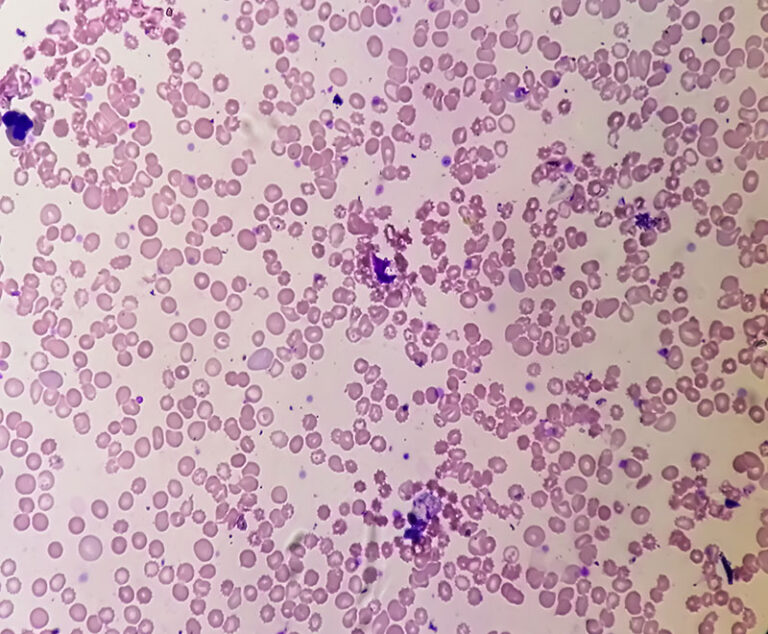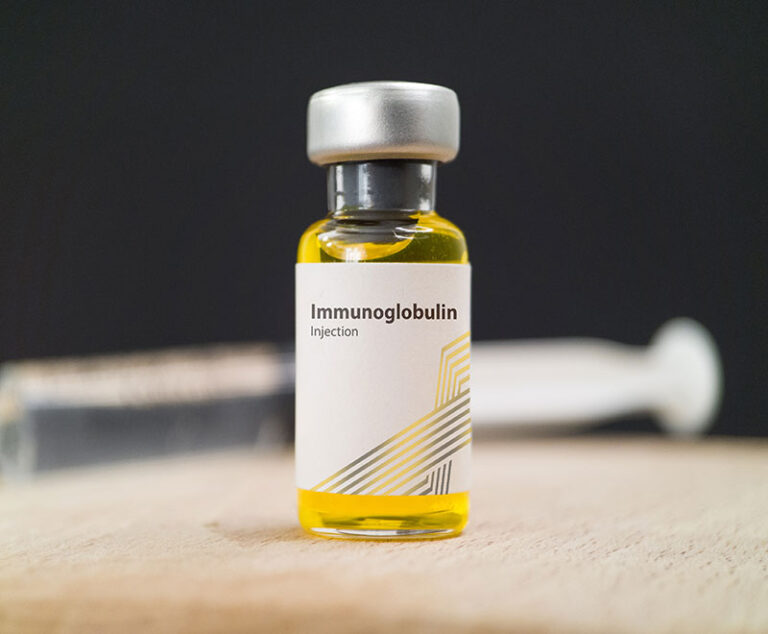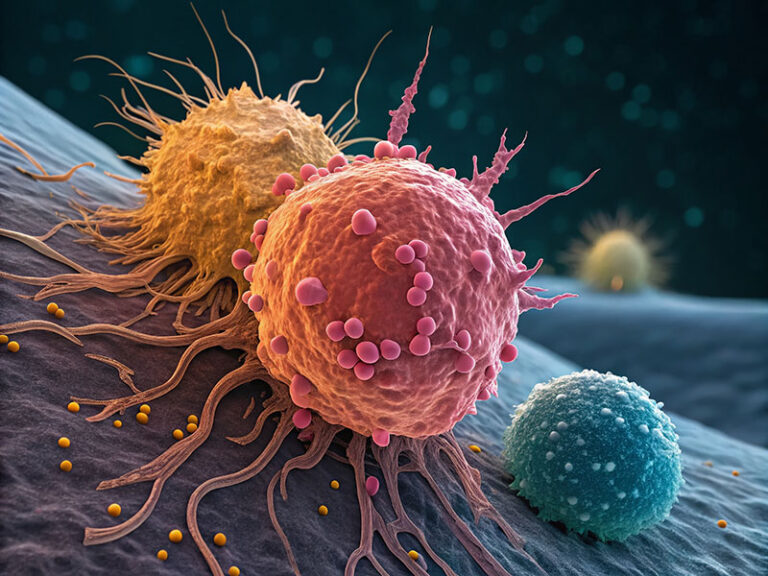Industry News
Research, Science & Manufacturer Updates
The U.S. Food and Drug Administration has approved Sanofi’s Wayrilz (rilzabrutinib) for adults with persistent or chronic immune thrombocytopenia (ITP) who have had an insufficient response to a previous treatment.
A new study led by a team of researchers at Moffitt Cancer Center reveals lymphoma can accelerate the biological aging of the immune system and other tissues, providing new insight into how cancer reshapes the body beyond tumor growth.
A groundbreaking retrospective cohort analysis of more than four million children offers compelling evidence that there is no significant association between early antibiotic exposure and heightened risk of autoimmune diseases in children.
The U.S. Food and Drug Administration may revoke Pfizer-BioNTech’s emergency use authorization for its COVID-19 vaccine, Comirnaty, for children ages 6 months through 4 years.
The U.S. Food and Drug Administration is requiring safety labeling changes to all opioid pain medications to better emphasize and explain the risks associated with their long-term use.
A recent study shows that participants who see sick-looking faces in virtual reality exhibit changes in brain activity related to personal space monitoring and threat detection, as well as an increase in the activity of certain immune cells in the blood.
SetPoint System, a neuroimmune modulation device, has been approved by the U.S. Food and Drug Administration to treat adults with moderately to severely active rheumatoid arthritis who have had an inadequate response, loss of response or intolerance to one or more biological or targeted synthetic disease-modifying anti-rheumatic drugs.
The U.S. Food and Drug Administration (FDA) has granted fast track designation to Nektar Therapeutics’ rezpegaldesleukin to treat alopecia areata (AA) in adult and paediatric patients aged 12 years and older who weigh at least 40 kilograms and are living with severe-to-very severe cases of the autoimmune disease.
The U.S. Food and Drug Administration has approved Apellis Pharmaceuticals’ EMPAVELI (pegcetacoplan) as the first treatment for C3 glomerulopathy (C3G) or primary immune complex membranoproliferative glomerulonephritis (IC-MPGN) in patients 12 years of age and older, to reduce proteinuria.
In a proof-of-concept study, researchers at Texas Tech University successfully vaccinated mice against influenza by cleaning their teeth with dental floss coated with inactive flu viruses.
The U.S. Food and Drug Administration has granted 510(k) clearance to Takeda’s HyHub and HyHub Duo for patients 17 years of age and older that allow HYQVIA [immune globulin infusion (human), 10% with recombinant human hyaluronidase] to be transferred from vials without using a needle in a home environment or clinical setting.
Scientists at the University of Florida have developed an experimental mRNA vaccine that, when combined with standard immunotherapy drugs known as immune checkpoint inhibitors, produced a strong antitumor effect in mice, which could lead to a new way of treating cancer without relying solely on surgery, radiation or chemotherapy.











